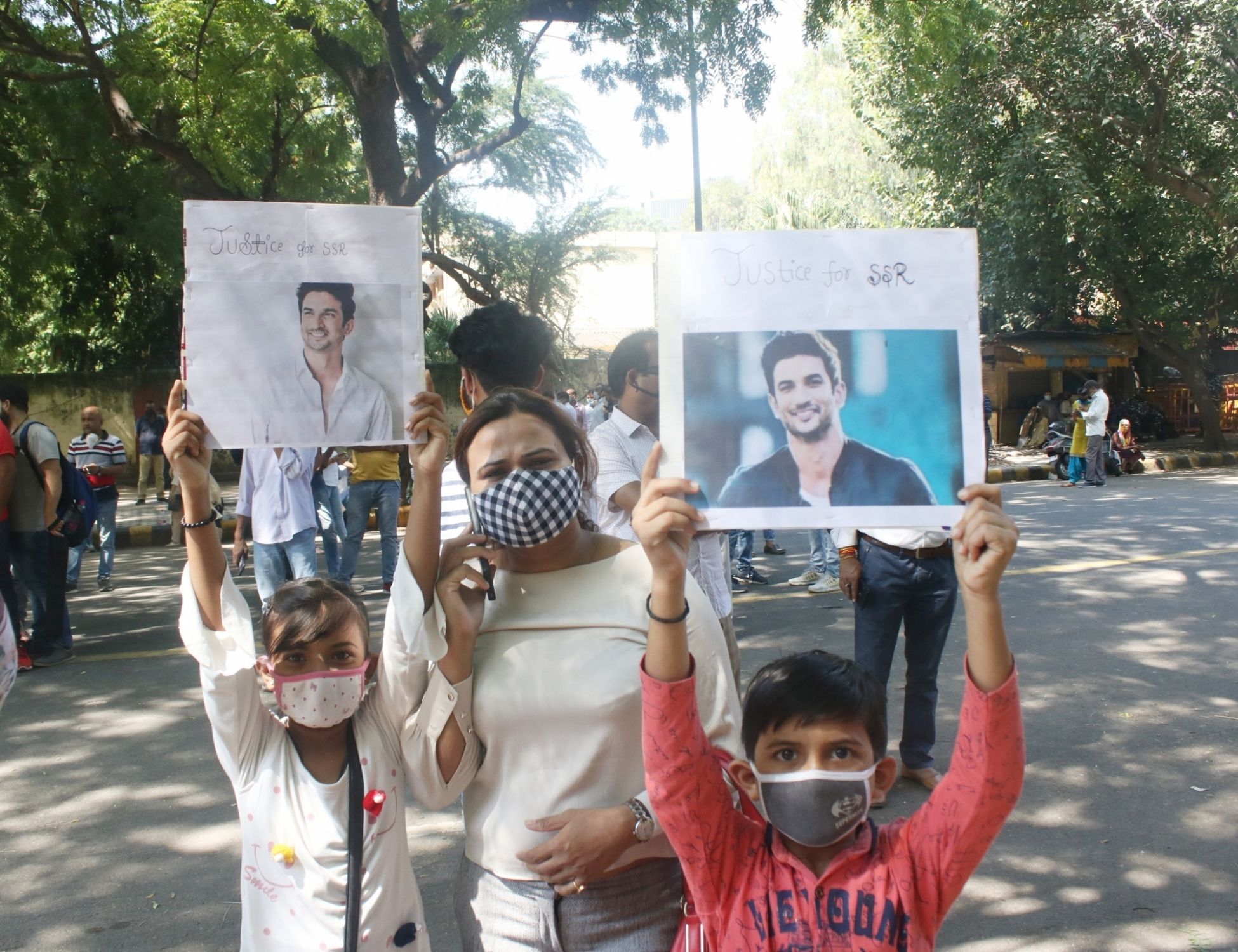|
Toronto, June 7 (IANS) Mental health visits for new mothers were 30 per cent higher during the Covid-19 pandemic than before it, particularly in the first three months after giving birth, revealed a new research.
Postpartum mental illness affects as many as one in five mothers and can have long-term effects on children and families if it becomes chronic.
The study, published in the Canadian Medical Association Journal, revealed that mental health visits to both family physicians and psychiatrists were higher than before the pandemic, especially among parents with anxiety, depression, and alcohol and substance use disorders.
"Increased visit rates began in March 2020, although the state of emergency was declared only midway through the month, suggesting that distress related to the pandemic translated into an increased need for care very quickly," said researchers including Simone Vigod, chief of psychiatry at Women's College Hospital (WCH) in Canada.
For the study, the researchers looked at mental health visits by 137,609 people in Ontario during the postpartum period (from date of birth to 365 days after) from March to November 2020 and collected data on age, number of children.
About 85 per cent of postpartum mental health visits were conducted virtually in April 2020, compared with only 3.1 per cent of visits in the pre-pandemic period.
The increased use of virtual care may have removed barriers to postpartum mental health support, such as the need to travel, find childcare for older children, or manage erratic schedules, enabling more people to seek care, the researchers noted.
They recommend targeted approaches to providing mental health support.
"Health systems should focus proactively on patients from high-risk groups, monitor waiting lists for care, and explore creative solutions to expand system capacity, with special attention to postpartum patients who may be experiencing barriers to care," they advised.
--IANS
rvt/vd
Copyright and Disclaimer: All news and images appearing in our news section, search engines and social media are provided by IANS. If you face any issues related to the content/images, please contact our news service provider directly. We are not liable/responsible for any content/images related to the news service provider.
|








